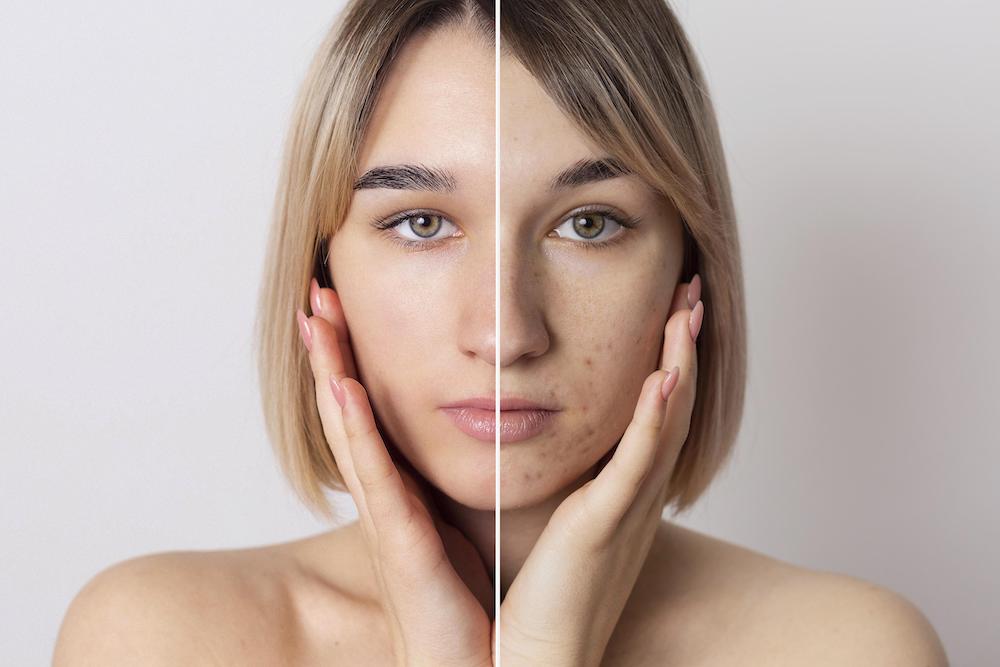
If you’re reading this blog, you’ll have heard of isotretinoin and the fantastic results you can achieve from it!
But I’m also sure you’re cautious about whether this is a suitable medication for you to take. Well, let me help calm those worries and help ease any of the apprehensions you may have.
How is isotretinoin taken?
Since isotretinoin is better absorbed in the body with food that contains some dietary fat, it should ideally be taken with milk after a meal or snack rather than on an empty stomach. The capsules must be eaten whole without being crushed or split open. Keep the tablets away from youngsters in a cool (5 to 25°C) dark place.
Are there any risks to taking isotretinoin?
In general, skin, lips, and eyes dryness is the most common side effect. Using a non-comedogenic moisturiser (one that does not block the skin pores) and a lip balm regularly will help to prevent these symptoms. An increased risk of skin infections accompanies the skin becoming dry and cracked. Nosebleeds may occur if the inside of the nose becomes very dry.
Dry eyes may interfere with wearing contact lenses and may be helped by using artificial tears. The skin may also peel and become fragile, with wounds taking longer. Whilst taking isotretinoin, and for six months afterwards, your skin will be more delicate than usual; waxing, epilation, dermabrasion and laser treatment should be avoided. Shaving is usually tolerated, but using a moisturiser afterwards is advisable.
How about things like the weather? Can I still sit in the sun?
Isotretinoin may make your skin more sun-sensitive. As a result, you should avoid direct sun exposure while using this prescription. Use a sun-protection product with a high protection level of at least SPF 30 when necessary. You should also avoid using sunbeds.
Will it affect my muscles or the way my body feels?
Muscles and joints may ache, especially after physical activity. Occasionally, temporary hair thinning may occur. Isotretinoin can impair your vision, particularly your ability to see at night, so persons whose jobs need good night vision, such as drivers and those who operate heavy machinery, should exercise caution. You should avoid driving and operating heavy machinery if you have trouble seeing at night or in dim lighting. Airline pilots will be unable to work while using isotretinoin and should consult with their employer before beginning the prescription and verify current Civil Aviation guidelines. In exceedingly rare cases, these eyesight changes may be permanent.
How about my diet? Will this be affected?
Increased fat levels in the blood and mild liver inflammation can occur but are usually not of clinical significance; blood tests will monitor these during treatment. If you have had problems with your liver or kidneys or suffer from high cholesterol or diabetes, you should discuss this with your doctor before starting the medication.
All sounds pretty good. How do I book a consultation?
CLICK HERE TO SCHEDULE A CONSULTATION
Please get in touch with my team to schedule a consultation with me to see if you’re suitable for isotretinoin. We can arrange a consultation to ensure you select the best medication for your needs and get the excellent results you seek.
